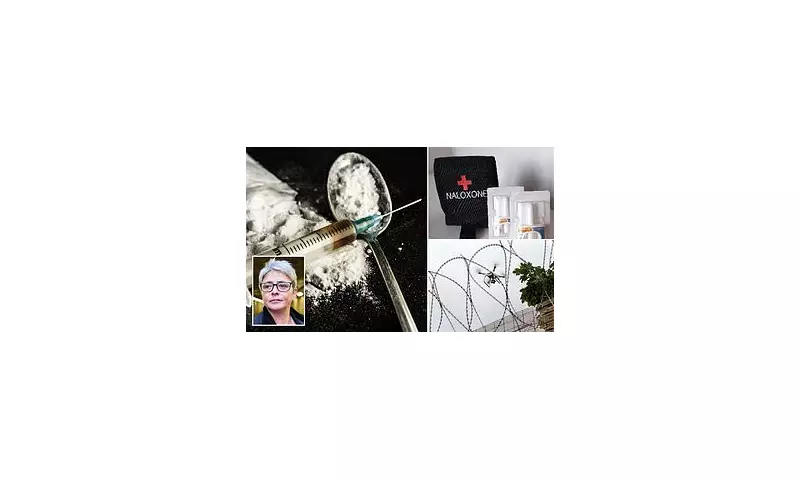
Alarming new statistics from the Ministry of Justice have exposed a deepening drug crisis within Britain's prison system, with inmates consuming dangerous synthetic cocktails at unprecedented rates.
The figures reveal that more than 50 prisoners every month are requiring emergency hospital treatment after taking potent illegal substances, predominantly synthetic cannabinoids like 'Spice' or 'Mamba'. This equates to more than two inmates daily suffering severe reactions to these psychoactive drugs.
Spice Epidemic Escalates Behind Bars
The data shows a dramatic 40% year-on-year increase in hospitalisations related to synthetic cannabis, highlighting how these substances have become the drug of choice within the prison environment. Between April 2023 and March 2024, a total of 611 prisoners required external hospital treatment after consuming these dangerous compounds.
Former prison governor David Lawrence described the situation as "extremely concerning," noting that synthetic drugs have become "currency" in many establishments. "They're easier to smuggle than traditional drugs and can have devastating effects on users," he explained.
Why Synthetic Drugs Dominate Prison Culture
Several factors contribute to the prevalence of these substances in correctional facilities:
- Ease of concealment: Synthetic drugs can be sprayed onto paper or letters, making detection difficult
- Potency: These substances are significantly stronger than natural cannabis
- Testing evasion: Many synthetic compounds don't show up on standard drug tests
- Profitability: The high markup inside prisons makes trafficking extremely lucrative
Human Cost of the Crisis
Medical professionals report treating inmates experiencing severe psychotic episodes, seizures, and life-threatening physical reactions. The synthetic compounds can cause extreme agitation, paranoia, and violent behaviour, creating additional safety risks for both staff and other prisoners.
Prison reform charities have expressed grave concerns about the findings. Mark Johnson from User Voice commented: "These numbers represent real people whose health is being seriously compromised. We need to address the root causes of drug use in prisons rather than simply reacting to the symptoms."
Government Response and Challenges
The Ministry of Justice has acknowledged the problem, implementing measures including:
- Enhanced security scanning technology
- Increased drug rehabilitation programmes
- Specialist drug recovery teams
- Improved intelligence gathering on trafficking methods
However, prison staff unions argue that budget cuts and overcrowding have hampered effective responses. The Prison Officers Association has called for greater investment in both security measures and mental health support to address the underlying issues driving substance abuse.
As the crisis continues to evolve, authorities face an ongoing battle against increasingly sophisticated drug smuggling operations and the development of new synthetic compounds designed to circumvent detection methods.





